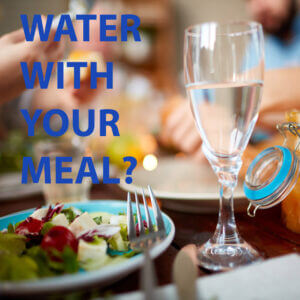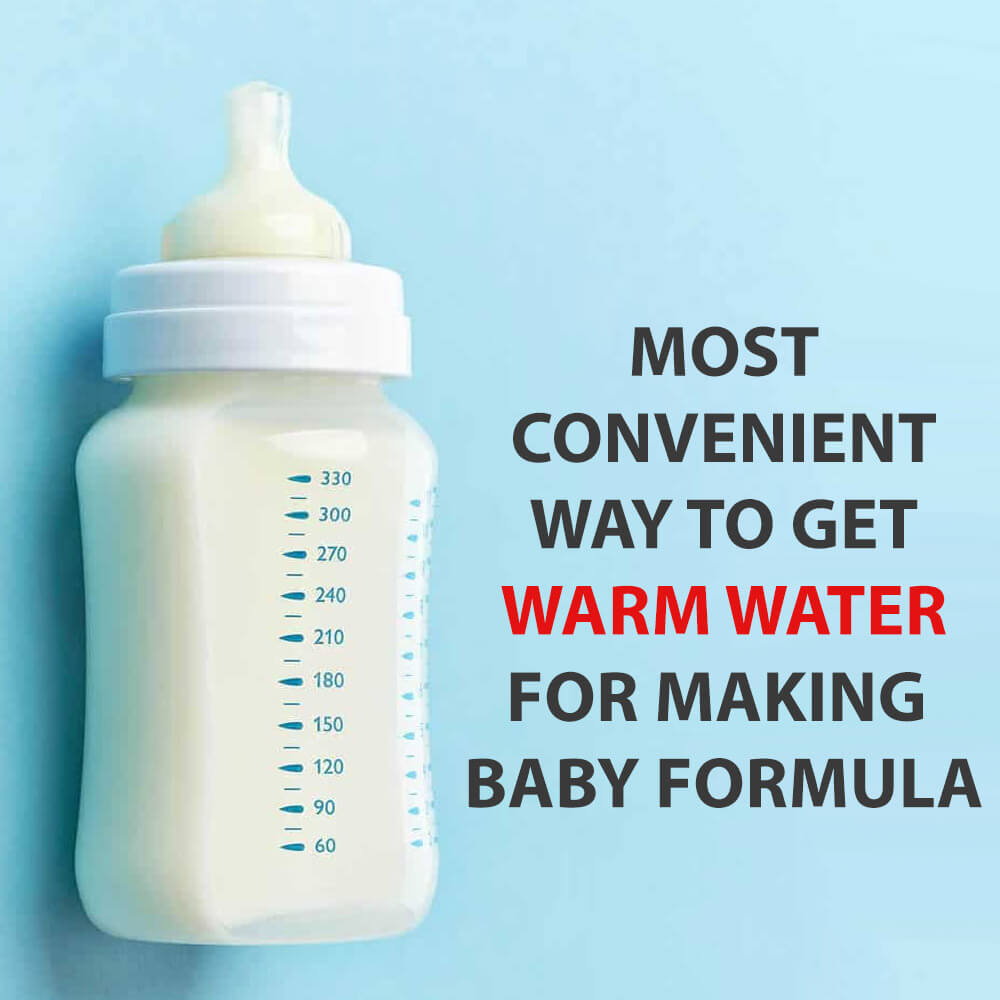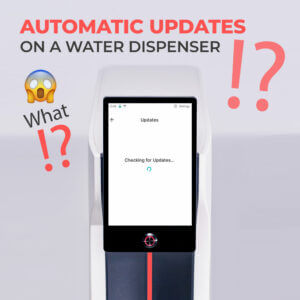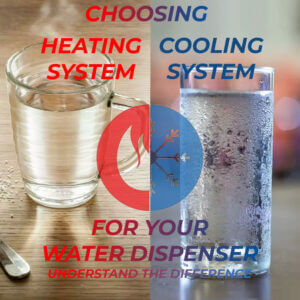Hydration: Debunking the Myth of Eight Glasses a Day
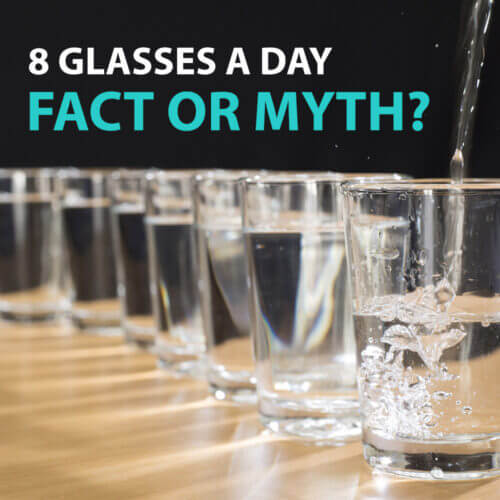
Understanding Hydration Needs
It’s critical to dispel common misconceptions about hydration to ensure everyone understands how to meet their body’s needs effectively. First, the idea that everyone needs a uniform amount of water daily oversimplifies human physiology. Water requirements vary widely based on age, weight, climate, activity level, and individual health conditions. Second, thirst isn’t always a reliable indicator of dehydration. By the time you feel thirsty, your body may already be dehydrated, especially in older adults whose thirst mechanism might not be as sensitive. Lastly, it’s a misconception that only plain water counts towards hydration. In reality, all fluids and many foods contain water and contribute to overall hydration, though water should indeed be the primary source because it’s free of calories, additives, and sugar.
In the realms of health and wellness, hydration is often heralded as a pillar of daily living. A common mantra suggests that drinking eight glasses of water per day is essential for optimal health. However, is this guideline universally applicable, or simply a myth?
Debunking the Myth
The advice to consume eight glasses of water daily lacks a solid scientific basis. Originally, this recommendation was a simplified interpretation of a 1945 Food and Nutrition Board report, which noted that an individual needs approximately 2.5 litres of water a day. This volume included all dietary water, not just drinks, and yet the message was misinterpreted over time.
Individual water needs vary significantly based on factors such as age, weight, activity level, and climate. Experts now advocate for a more personalized approach to hydration, emphasizing that there’s no one-size-fits-all answer.
The Impact of Proper Hydration
Understanding the profound effects of hydration on the body highlights its importance beyond basic thirst quenching. Adequate hydration is crucial for numerous biological functions including temperature regulation, joint lubrication, and the transportation of nutrients. It plays a pivotal role in enhancing cognitive performance, mood, and overall energy levels. On the flip side, even mild dehydration can lead to headaches, lethargy, diminished physical performance, and concentration issues. For individuals leading active lifestyles or living in hot climates, the impact of hydration becomes even more critical, underscoring the need for a personalized approach to fluid intake rather than adhering to a generalized guideline.
Understanding Hydration
Hydration plays a critical role in numerous bodily functions. It aids in digestion, helps maintain body temperature, lubricates joints, and supports cellular function. Understanding the signs of both dehydration and overhydration is vital for assessing personal hydration needs.
The significance of proper hydration cannot be overstated; it influences virtually every aspect of physical health and mental well-being. Maintaining optimal hydration levels enhances the body’s ability to regulate temperature, ensures efficient metabolic processes, and facilitates detoxification pathways through the elimination of waste products. Not only does adequate hydration improve cognitive function and mood, but it also plays a vital role in maintaining skin elasticity and appearance, potentially offsetting the signs of aging. In athletic and physically demanding endeavors, hydration is key to optimizing performance, reducing the risk of cramps and injuries. In essence, by prioritizing hydration, individuals empower their bodies to function at their best, showcasing the undeniable link between hydration and holistic health.
Specific Hydration Guidelines
To adopt a practical and personalized approach to hydration, it’s essential to consider specific guidelines tailored to individual needs and circumstances rather than adhering to a universal mandate. While the generic recommendation of eight glasses a day may serve as a rough guideline, recognizing the variables affecting hydration requirements is key. Here are straightforward, practical steps to determine your optimal water intake:
- Calculate based on body weight: A starting point is to aim for approximately 40 milliliters of water for each kilogram you weigh, daily. For example, a 68-kilogram individual might target 2.7 liters of water per day, adjusting as necessary.
- Adjust for activity level: Increase hydration before, during, and after exercise. An additional 12 ounces of water should be consumed for every 30 minutes of intense physical activity, especially in hot climates where sweat loss accelerates dehydration.
- Factor in climate and environment: Those living in hot, arid, or high altitude environments will require more water. Increased humidity can also lead to greater fluid loss and necessitates a higher intake.
- Listen to your body: Pay attention to signs of dehydration or overhydration. Symptoms of dehydration include thirst, reduced urine output, dark yellow urine, fatigue, dizziness, and dry skin. Overhydration can cause symptoms like nausea, headaches, and in extreme cases, water intoxication.
- Incorporate foods with high water content: Don’t overlook the contribution of water-rich foods towards your hydration goals. Fruits and vegetables such as cucumbers, oranges, strawberries, and lettuce can significantly boost fluid intake.
By applying these guidelines, individuals can develop a more effective and flexible hydration strategy that accommodates their unique health profile and lifestyle demands.
Practical Tips for Healthy Hydration
To ensure you’re adequately hydrated, consider these guidelines:
- Listen to your body. Thirst is an accurate indicator of when you need water.
- Monitor the colour of your urine. A pale, straw colour indicates good hydration.
- Incorporate water-rich foods into your diet, such as fruits and vegetables.
- Consider installing a water dispenser or purifier in your home. This simple addition guarantees that you and your family have constant access to clean, safe drinking water, reducing the reliance on bottled water. Not only this, modern water dispensers are able to make life more convenient by providing you with the right temperature water for any occasion, and will help make the little ones at home drink more water.
Hydration for Special Circumstances
During exercise, in hot weather, or when ill, your body’s hydration needs increase. Children and the elderly also have unique hydration requirements. Adjusting water intake in these circumstances is crucial for maintaining health.
Conclusion
The myth of the eight-glasses-a-day rule simplifies an issue that requires a more nuanced understanding. Personalized hydration – paying attention to your body’s signals and circumstances – is key to maintaining your health and well-being.
We invite you to share your hydration strategies and experiences with us. For further insights on maintaining your health through hydration, please join our community by entering your details below:

JOIN THE SNAPTEC COMMUNITY
Get The Latest On Water, Hydration, Wellness, and Health


